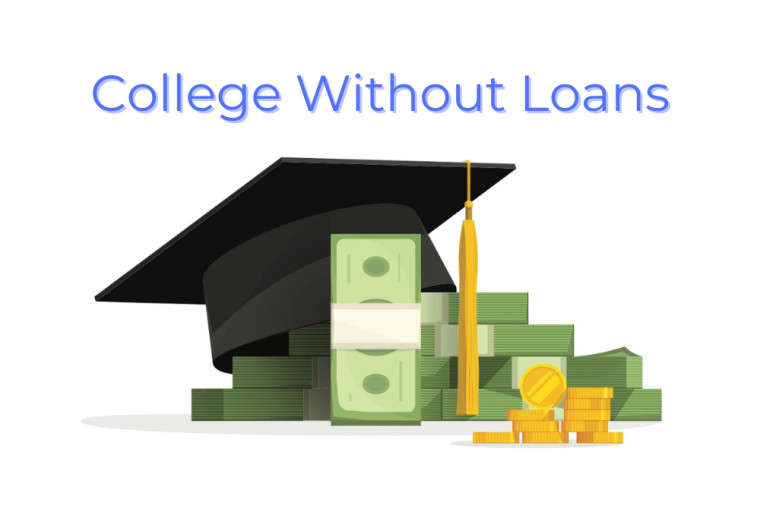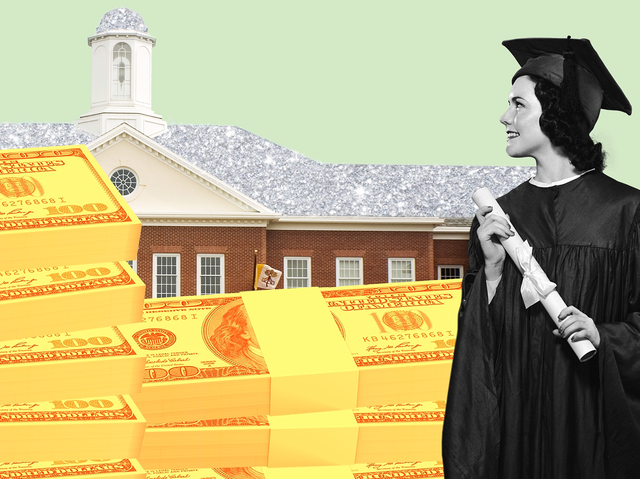Earlier this year I wrote a blog post, predicting what the next wave of financial meltdown would be. The housing crisis was the reason for the recession we are in today but the next one will be the private student loans industry. Very similar to the mortgage industry during the housing boom, student loans have been easily available and eagerly taken out by borrowers. In the blog post, I wrote:
And just like mortgage borrowers are now facing foreclosure, students face loan burdens so heavily that default is just inevitable. Students and mortgage borrowers just have too much in common. Both are usually poorly educated regarding financial matters, especially when it comes to making decisions on borrowing. And both can eventually harm the economy severely if a large number of them defaults on their loans. Just like the mortgage defaults gave a devastating impact to the economy, so will the student loans defaults.
Has the next wave of financial meltdown, caused by the student loan industry, come? If you have paid attention to recent news regarding student loans you will see that things are not looking too good.
Student loan has gone out of control. This year, the average amount of loan that students graduate with has risen to $24,000. This is up by 6% from 2008. What makes it even worse is that young professionals are now finding it more and more difficult to consolidate their loans due to certain changes in the student loan industry. Many of those private student loan lenders are now announcing on their websites that they are currently not accepting loan consolidation. This is due to a change in federal law. Because private student loan lenders are now forced out of the consolidation business, students can only consolidate federal student loans for better interest.
As if this is not bad enough, a report recently released by the Project on Student Debt showed that “unemployment rates for college graduates ages 20–24 spiked from 5.8 percent in 2008 to 8.7 percent in 2009″. This marks the highest annual graduate unemployment rate on record and creating more challenges for graduates looking to pay back increasing amounts of private student loans.



